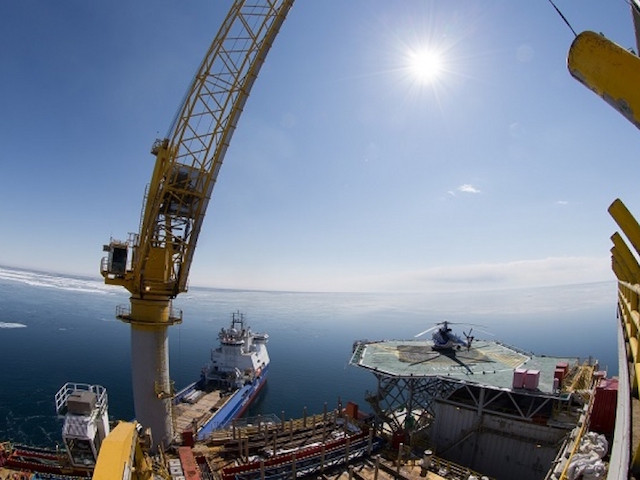On Tuesday 28 March, the ECJ asserted its jurisdiction over the European Common Foreign and Security Policy with this ruling.
In July 2014, the European Council imposed sanctions on Russian firms and individuals in response to Russian actions to destabilise Ukraine. Rosneft, an oil company partially owned by the Russian state, then challenged, before the High Court of Justice (England & Wales), “the validity under EU law of the restrictive measures imposed by the council on it and the implementing measures adopted by the United Kingdom that are based on the council acts,” according to a court media statement.
This week the EU’s top court, based in Kirchberg, said the EU and UK sanctions were valid.
In its ruling, the ECJ noted that:
“Having regard to the fact that the restrictive measures adopted by the council in reaction to the crisis in Ukraine have become progressively more severe, interference with Rosneft’s freedom to conduct a business and its right to property cannot be considered to be disproportionate.”
Illegal, groundless, politicised
In a press statement, Rosneft showed its disappointment with the ruling:
“Rosneft considers the decision of the EU Court of Justice, delivered on the 28th of March, 2017, illegal, groundless and politicized. This decision proves that in Europe the rule of law is being substituted with the rule of politics. (…) Rosneft continues to insist that it has not committed any illegal actions in any jurisdiction of the Company’s activities, including Ukraine, and has no links to the Ukrainian crisis.”
The case now returns to the High Court in London for final adjudication.
